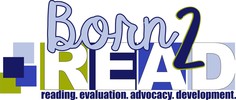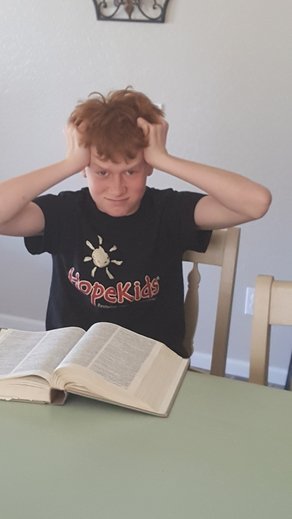Determining if my child needs extra help…
My child needs help, now what ?
ADVOCACY RESOURCESSupport and tutoring resources. Grade level audio books and resources. Arizona Early Intervention Program AZ Dept of Education Exceptional Student Services
Advocacy and support for issues beyond reading. |
Educate yourself. What does the law say?What’s the big IDEA?
IDEA is a law originally passed by Congress in 1975. Its purpose is to ensure that children with disabilities, including learning disabilities, have the opportunity to receive a free appropriate public education, just like other children. The law has continued to evolve over the years. The most recent amendments were passed by Congress in December 2004, with final regulations published in August 2006 (Part B for school-aged children) and in September 2011 (Part C, for babies and toddlers). The law is new, but has detailed and powerful history. Below is a link to a great website with a 90 minute webinar. This webinar explains in detail IDEA, special education law and your rights as parents. https://www.learningally.org/webinar-for-parents-know-your-rights/ What is SB 1461? SB1461 is an important law passed in Arizona. It provides specific protections and guidelines for students with reading disabilities and dyslexia. The law defines dyslexia as “a brain-based learning difference that impairs a person's ability to read and spell, that is independent of intelligence and that typically causes a person to read at levels lower than expected.” Arizona has a Move on When Reading law for 3rd grade. The law says that a pupil can be retained if he or she “obtains a score on the reading portion of the Arizona instrument to measure standards test, or a successor test, that demonstrates that the pupil's reading falls far below the third grade level or the equivalent as established by the board.” The implementation of this law makes it more important than ever for struggling students to be tested for specific reading disabilities. Once diagnosed, there is an exception to the law for those students. It allows promotion for students with disabilities who: “…is in the process of a special education referral or evaluation for placement in special education or a pupil who has been diagnosed as having a significant reading impairment, including dyslexia or a pupil who is a child with a disability as defined in section 15-761 if the pupil's individualized education program team and the pupil's parent or guardian agree that promotion is appropriate based on the pupil's individualized education program.” The following students are eligible for the disability exception to the grade retention requirement of Move on When Reading:
Getting an evaluation This is where I can help. I can review all of your child's history and administer all needed evaluations. I can then prepare a report for you to take to your school to help you negotiate needed services for your child. Podcast with more Information about Dyslexia
I had the privilege of being a guest on Wildwood Curriculum-Stonechats. To hear all of their podcasts www.wildwoodcurriculum.org/stonechats-a-wildwood-curiculum-podcast/ Click on links below for the dyslexia specific podcasts.
| ||||

